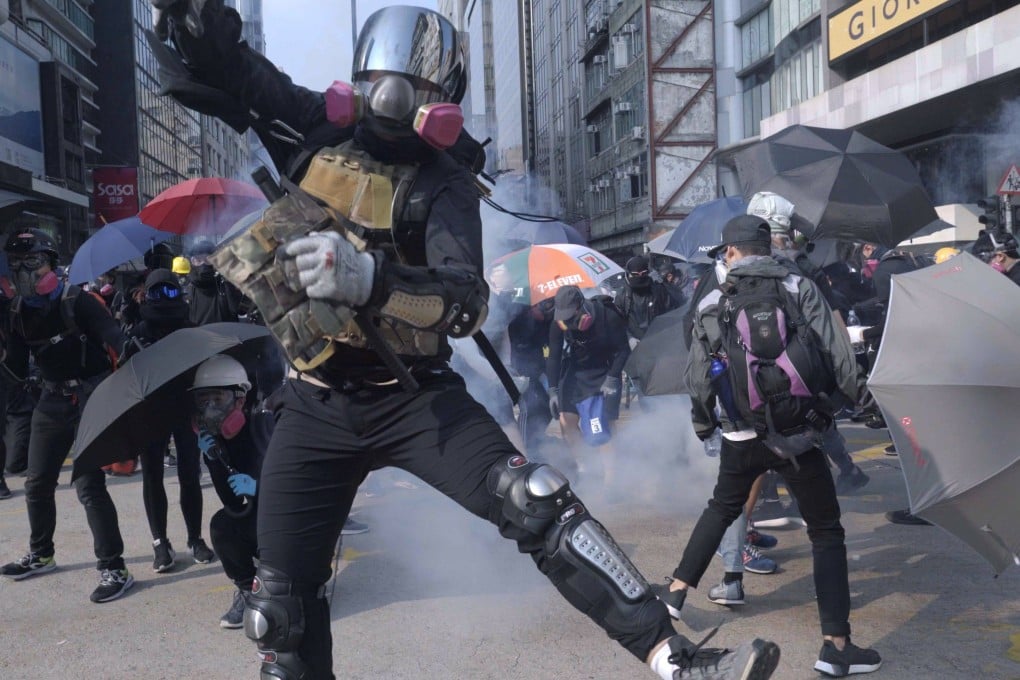Revolution of Our Times: key takeaways from Hong Kong protest documentary screened at the Cannes Film Festival
- Kiwi Chow’s film is shot from the perspective of the mainly young protesters whose increasingly violent demonstrations roiled Hong Kong in 2019
- There are scenes of them fleeing but little of them attacking police, some wrenching moments, insight into their tactics, and key events during the unrest

The late addition to the programme was offered to the festival at the eleventh hour. “We’re not playing a game with this surprise screening,” said festival artistic director Thierry Frémaux during his introduction. “We saw it, we loved it, and in accordance with Cannes’ long tradition of showing films about what’s happening in the world, we decided it was important to screen it.”
Earlier in the week, the festival had announced a “surprise documentary film” but held back its identity. This feeling of anonymity carried on into the film, which immediately reveals that some interviewees’ voices have been altered or facial features obscured to protect their identity.
In some cases, actors have been used to complete the film because the production “lost contact” with those featured on screen.
After a breakneck intro reminds viewers of the 1997 handover when Hong Kong was returned by the British to mainland China under the Sino-British Joint Declaration, the film throws the viewer headfirst into the early days of the protests in June 2019.